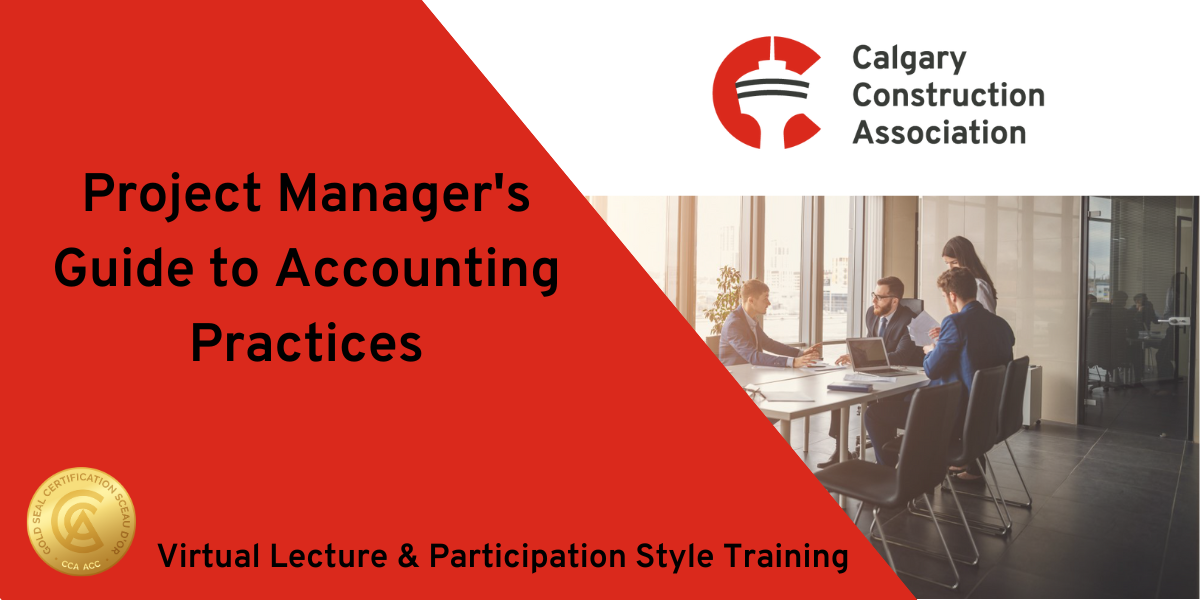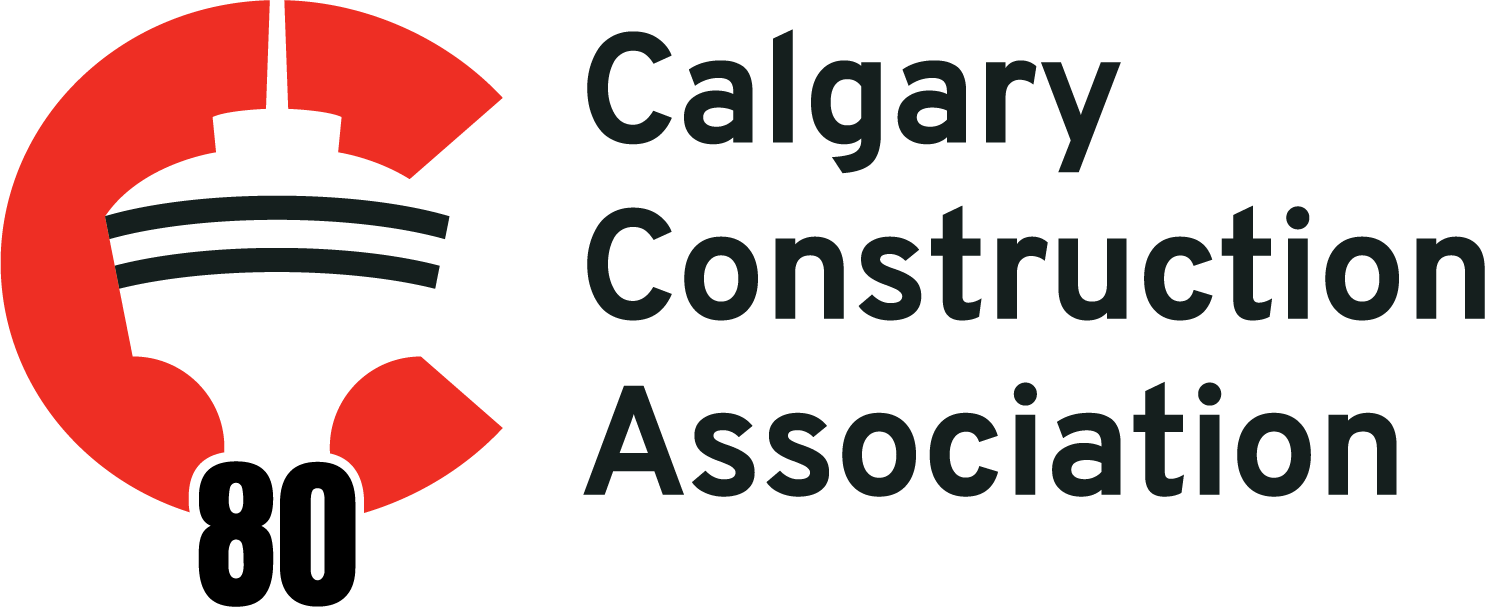
Construction project success hinges on the combined strength of the entire team, including accountants. Beyond mere number crunching, project success demands communication, collaboration, management, costing, and forecasting. This course offers project management professionals an in-depth understanding of construction financial management by bridging the gap between construction processes and accounting knowledge.
The course is worth 2 Gold Seal Credits
Project Manager’s Guide to Accounting Practices will help you understand:
- Role and goal of the Project Manager and Accountants
- Risks and Challenges
- Revenue and Cost Accruals
- Generally Accepted Accounting Principles
- Ensure payment for ALL change orders
- Labour, Materials, Subs and General Conditions cost forecasting to end of project
CCA Member $549(+GST) Non-Member $649 (+GST)
Additional Details
Learning Outcomes:
- Understand the roles and responsibilities of Project Managers and Accountants
- Differentiate between Project Management and Accounting systems.
- Get acquainted with Generally Accepted Accounting Principles.
- Learn to forecast cash flows, review accounts receivable strategies, and justify fixed asset acquisitions.
- Recognize different contract types and their representation in financial reports.
- Delve into revenue, cost accruals, and their significance in financial reporting.
- Uncover why labor is a pivotal cost in construction and the primary causes of productivity dips.
- Decipher standard coding phases and job cost report analysis.
- Address challenges in forecasting job costs, managing employees, and establishing a corporate culture.
- Navigate the skilled labor shortage, control overheads, and understand risk mitigation.
- Create a strong financial awareness in all personnel who attend
- Master the project evaluation process and project close-out documentation
Benefits:
Participants will unlock techniques to enhance project outcomes using accounting practices, cost controls, and financial reports. This synergy between accounting and Project Management promises a more efficient construction process and a deeper understanding of the construction realm.
- Project managers
- Project Coordinators
- Estimators
- HR Staff
- Warehouse Managers
- Department heads
- Gold Seal candidates
- Senior managers and
- Owners
- All individuals who can drive project and company profitability

Wayne Newell, Wayne Newell Management & Seminar Services
For over 35 years Wayne served in senior financial leadership roles and worked with companies throughout Canada, the United States and the Caribbean. His experiences and expertise, shared with many companies, has helped owners, managers, employees and businesses grow. In doing so, he has amassed a library of knowledge on what makes a successful contracting company.
During his seminars he discusses his experiences in implementing specific techniques, methods and strategies used to help contracting companies increase profits, control and/or reduce costs and improve cash flows. In the past eighteen years Wayne has presented his exclusive Construction Management Courses to over 3,500 construction professionals from St. John’s to Victoria. He was awarded his CMA designation in 1972.
Cancellation Policy:
Payment is non-refundable for cancellations made within 5 business days of the course, or non-attendance on the day. Complimentary substitution of another member of your company is accepted. If CCA has to postpone or cancel courses due to insufficient enrolment, CCA will refund the registration fee or, if possible, the attendee may choose to move to an identical session in the future. Unless otherwise stated, every person able to see, hear, and observe the virtual course sessions must be a paid participant. Non-compliance of this requirement will result in removal from course. Refunds will not be issued to students who are removed from the course for non-compliance of this requirement.
CANADA – ALBERTA JOB GRANT
Did you know!! Eligible employers can get government funding to help employees access training opportunities. The Canada-Alberta Job Grant will give you up to 2/3 of the registration fee (up to $10,000/employee/fiscal year) for training. Whether taking one course or a combination of courses, the total training must be a minimum of 21 hours and be completed within 52 weeks.
